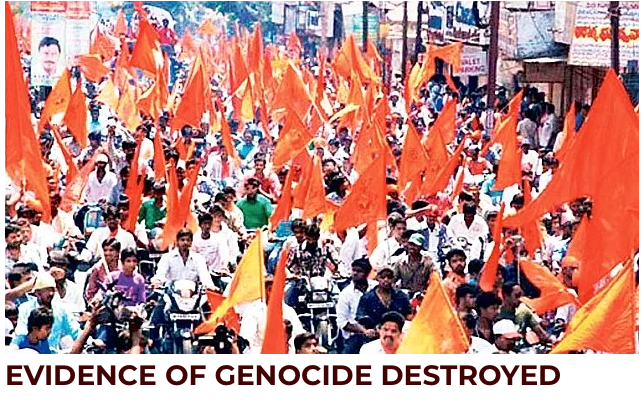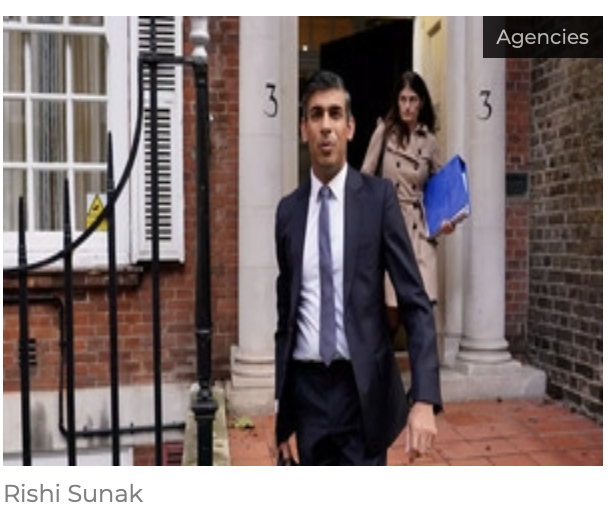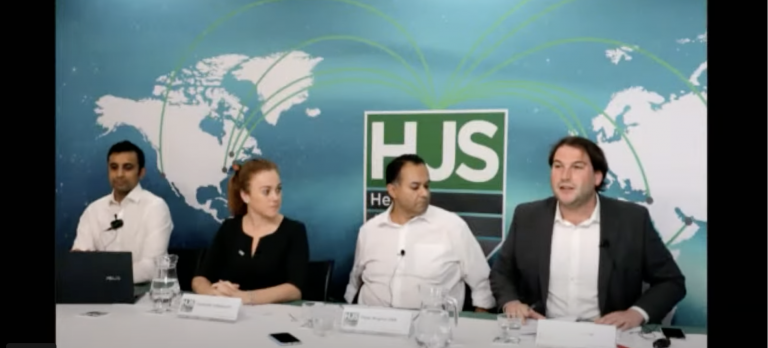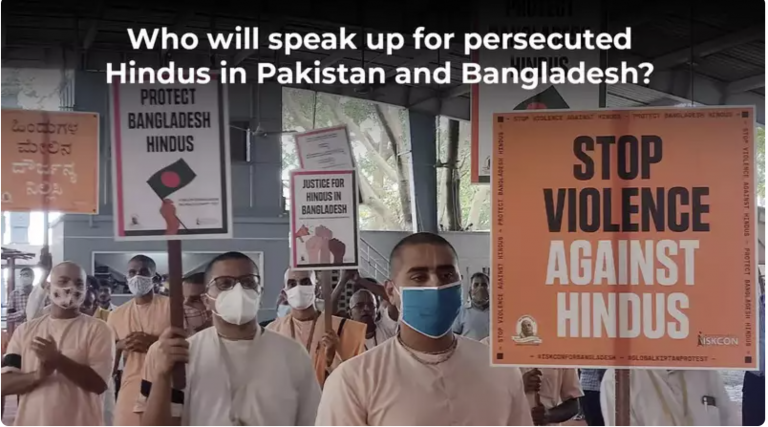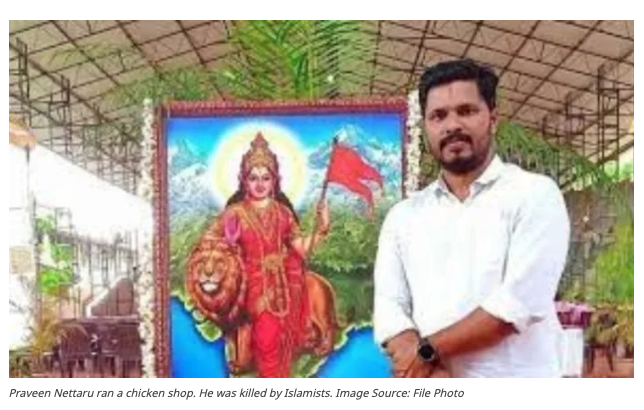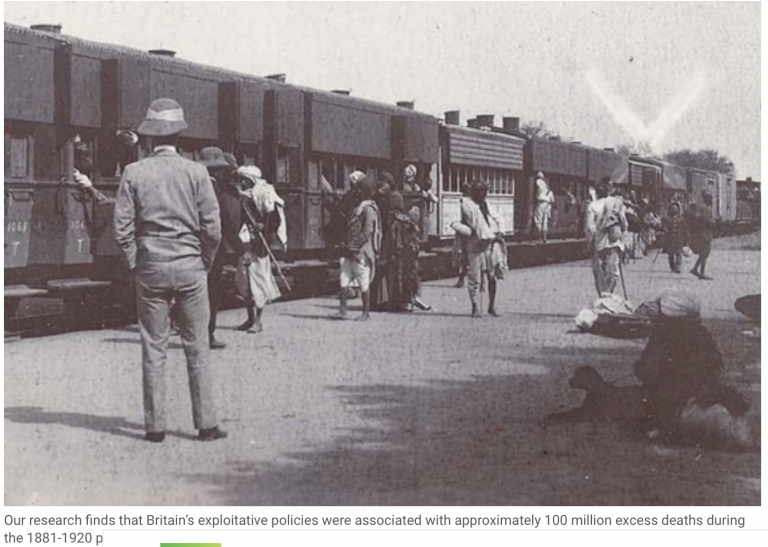The Attack: A Targeted Massacre
On April 22, 2025, the serene Baisaran meadow near Pahalgam in Jammu and Kashmir became the site of a brutal terrorist attack that claimed the lives of 26 tourists. Emerging details from official investigations have unveiled a disturbing pattern of religious profiling, shedding light on the attackers’ motives and methods.
The Attack: A Targeted Massacre
Around midday, five militants clad in military-style uniforms and armed with M4 carbines and AK-47s descended upon the Baisaran meadow, a popular tourist destination accessible only by foot or horseback. The assailants indiscriminately opened fire on the unsuspecting tourists, leading to chaos and bloodshed. Among the victims was 27-year-old Sudip Neupane, a Nepalese citizen visiting with his family, who was reportedly asked about his religion before being shot after identifying himself as Hindu
Evidence of Religious Profiling
Investigations have revealed that the attackers employed brutal methods to ascertain the religious identities of their victims. Approximately 20 male victims were found with their trousers unzipped or pulled down, suggesting that the assailants checked for circumcision—a practice common among Muslim men—to identify non-Muslims. Survivors recounted being asked to recite Islamic verses, with those unable to do so being executed on the spot.Wikipedia+3Firstpost+3The Times of India+3Firstpost+2Wikipedia+2Wikipedia+2
Survivor Accounts
Eyewitnesses provided harrowing accounts of the attack. One survivor described how the militants approached tourists, inquiring about their religion and demanding they recite Islamic verses. Those who failed were shot at close range. In one instance, a newlywed couple from Kanpur was targeted; the husband was shot point-blank after identifying as Hindu.Wikipedia+1Firstpost+1
Immediate Aftermath and Government Response
The Indian government responded swiftly, launching a massive crackdown in the region. Over 2,000 individuals were detained under anti-terrorism laws, and several houses linked to suspected militants were demolished, despite legal controversies surrounding such actions. Prime Minister Narendra Modi condemned the attack, assuring that those responsible would be brought to justice. The GuardianAl Jazeera
International Reactions
The attack drew widespread condemnation from the international community. Countries like Israel and Argentina expressed solidarity with India, denouncing the violence and extending condolences to the victims’ families. However, some Western media outlets faced criticism for their portrayal of the incident, with accusations of downplaying the severity by referring to the attackers as “militants” or “gunmen” instead of “terrorists.” FirstpostFirstpost
Broader Implications
The Pahalgam attack has reignited concerns about religiously motivated violence and the targeting of minorities. It underscores the challenges in ensuring the safety of tourists and the importance of addressing the root causes of such extremism. The incident has also strained diplomatic relations between India and Pakistan, with India accusing Pakistan-based groups of orchestrating the attack. FirstpostWikipedia
Conclusion
The Pahalgam terror attack stands as a grim reminder of the persistent threats posed by religious extremism and terrorism.As investigations continue and the nation mourns the loss of innocent lives, there is an urgent need for concerted efforts to combat such ideologies and ensure the safety and unity of all communities.



